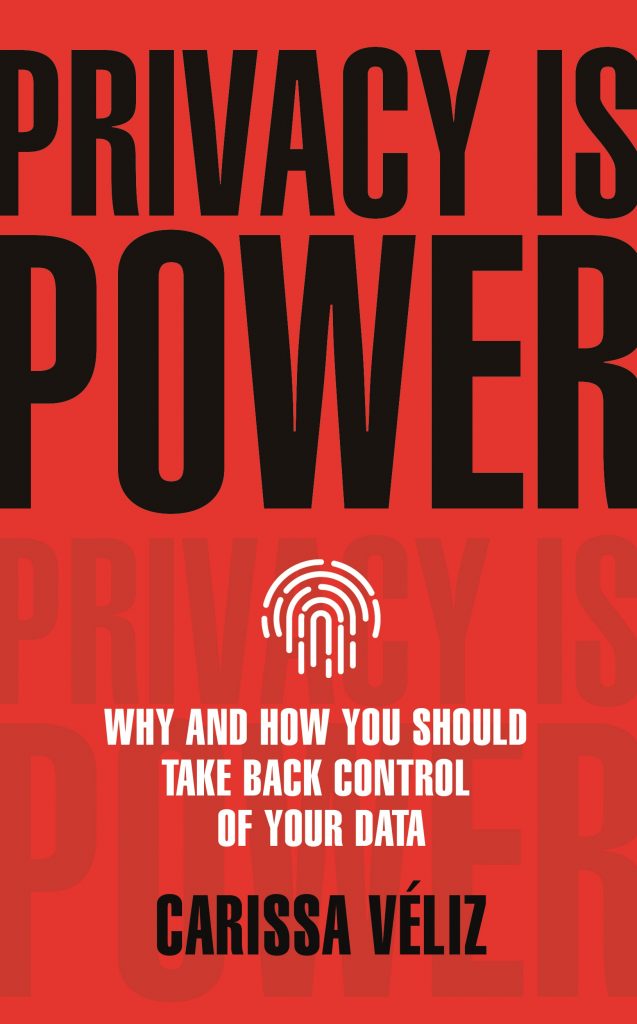
Use Temporary Email Services for Privacy and Convenience
In a previous post, Privacy Hive discussed the importance of choosing a privacy-oriented email provider and using email forwarding services to disguise your primary email address and create aliases for different services and websites. However, sometimes, you only need a temporary email to register for a service, verify an account, or receive a confirmation link. These brief email accounts provide a convenient way to avoid using your more permanent and essential email address shared with family and friends.
What are temporary email services?
Temporary email services are online platforms that allow you to create and use disposable email addresses that expire after a certain period, usually ranging from a few minutes to a few days. These services do not require personal information, registration, or password. You can generate a random email address or choose from a list of available domains and use it for your online activities.
Why use temporary email services?
There are many benefits of using temporary email services, such as:
- Privacy: You can protect your actual email address from spam, phishing, hacking, identity theft, and unwanted marketing. You can also avoid revealing your personal information or interests to third-party websites or services that may track, sell, or share your data with others.
- Convenience: You can save time and hassle by not having to create and manage multiple email accounts for different purposes. You can also avoid cluttering your inbox with unnecessary or unwanted emails you may never read or need again.
- Security: You can reduce the risk of compromising your online accounts or devices by using temporary email addresses for verification or authentication. You can also avoid exposing your actual email address to potential malware, viruses, or hackers that may try to access your email or device.
How to use temporary email services?
There are many temporary email services available on the web, but here are some of the most popular and reliable ones that you can try:
- Temp Mail: This service allows you to create and use a temporary email address that expires after an hour. You can also extend the validity of your email address, change the domain name, or delete it manually. You can access your inbox from any device or browser and receive attachments up to 10 MB.
- Guerrilla Mail: This service allows you to create and use a temporary email address that expires after an hour. You can also choose from various domain names, send and receive emails with attachments up to 150 MB, and scan your emails for viruses. You can access your inbox from any device or browser and use a password to protect your email address.
- EmailOnDeck: This service allows you to create and use a temporary email address that expires after 24 hours. You can generate a new email address, change the domain name, or delete it manually. You can access your inbox from any device or browser and receive emails with attachments up to 25 MB.
Tips and precautions for using temporary email services
While temporary email services are helpful and convenient, they also have some limitations and risks that you should be aware of, such as:
- Not suitable for long-term or important communication: You should not use temporary email services for anything that requires long-term or ongoing communication, such as personal or professional contacts, online banking, social media, or e-commerce. You may lose access to your email address or inbox at any time, or your email may be deleted, expired, or exposed to others.
- Not compatible with some websites or services: You may encounter websites or services that do not accept or recognize temporary email addresses or require a valid or verified email address for registration or activation. You may also face issues with receiving or sending emails, such as delays, errors, or rejections.
- Not completely secure or anonymous: You should not use temporary email services for sensitive or confidential information, such as passwords, personal details, financial data, or legal documents. You may still be tracked or identified by your IP address, browser, device, or other factors. You may also be vulnerable to phishing, spoofing, or hacking attempts by malicious actors who may access or intercept your emails.
Conclusion
Temporary email services are a great way to protect your privacy and convenience when you need a disposable email address for a short-term or one-time purpose. However, you should also be aware of the limitations and risks of using these services wisely and responsibly. You should also always use a secure and trusted email provider and forwarding service for your primary and permanent email address and communication. Stay safe, and happy emailing!








